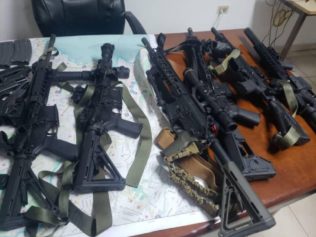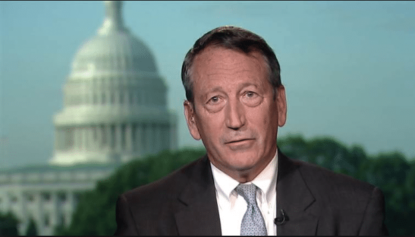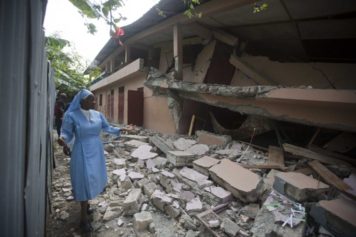The specter of violence is again on the horizon in Haiti as the United Nations begins to map out an exit strategy from the impoverished Caribbean nation.
Security Council delegations and staff will begin meeting next week to continue plans for an eventual end of a U.N. peacekeeping mission (MINUSTAH) that first began following a devastating earthquake that rocked the country in 2004.
MINUSTAH’s current mandate runs through October 15, 2012 with the intention of further renewal. The force is composed of 8,940 military personnel and 3,711 police, supported by an international civilian personnel, a local civilian staff and U.N. volunteers.
Talk of an expected U.N. departure comes as political discord is again on the rise in Haiti, prompting some observers to worry that the absence of the U.N. forces would leave a security vacuum that would be ripe for exploitation by armed gangs.
But maintaining the international force could prove difficult, given the strong wishes of the Haitian public to see foreign troops leave its soil and the desires of mission’s donors and the troop-supplying countries who all want an end to the mission.
But any exit strategy would have to be predicated in doubling the size of the Haitian police force, reforming the country’s notoriously unjust court system and forging the rule of law as a foundation for the political stability needed for the country’s economic growth, wrote Mark Schneider in Thursday’s Christian Science Monitor.
MINUSTAH was formed in 2004 to keep a polarized Haiti from disintegrating into a violent civil war. It then shared in the tragic loss of life during the country’s catastrophic 2010 earthquake that has been blamed for a cholera epidemic that has caused more than 7,000 deaths and sickened 500,000.
But the massive presence of the foreign troops after eight years has irritated a proud Haitian nation.
Smoothly withdrawing from the nation could be equally as challenging for the U.N. as it weighs its various options.
One possible solution would be to keep the peacekeeping mission in its present form until President Michel Martelly handed over the reins of power to a free and democratically-elected successor in 2016.
That would still leave much to do in the meantime for the Latin American countries such as Brazil that provide the MINUSTAH troops.
The U.N. could gradually reduce the size of its military-dominated mission, while simultaneously increasing the size of the Haitian police force.
As part of their revamped mission, the U.N. forces could do more to assuage Haitian citizens about their continued presence by giving more humanitarian assistance, such as aiding in cholera vaccinations and in the building of a modern water and sanitation infrastructure.
Only collectively can Haiti and the world’s governing body prevent further violence and instability.


